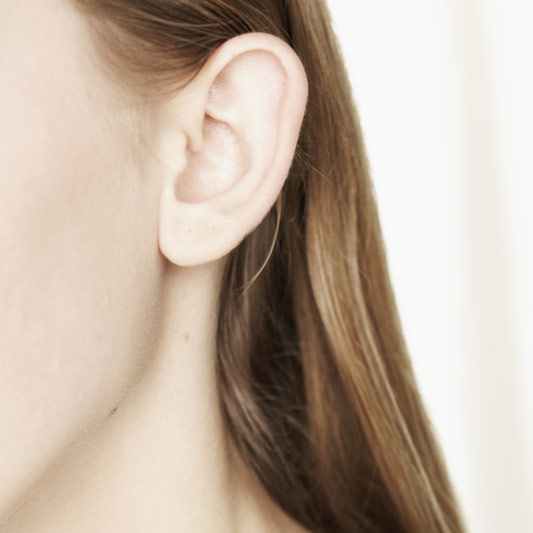
THURSDAY, April 23, 2015 (HealthDay News) — Tinnitus is associated with surprisingly wide-ranging brain activity, researchers report, and this may be why the hearing disorder is hard to treat.
About one in five people have tinnitus, which is the sensation of a steady ringing or buzzing in the ears.
The study included a 50-year-old man who suffered tinnitus in both ears, in association with hearing loss. Researchers monitored his brain activity when his tinnitus was stronger and weaker.
The results revealed that tinnitus causes markedly different brain activity than normal external sounds picked up by the ears, according to the study published April 23 in the journal Current Biology.
“Perhaps the most remarkable finding was that activity directly linked to tinnitus was very extensive, and spanned a large proportion of the part of the brain we measured from,” study co-author Will Sedley, of Newcastle University in the United Kingdom, said in a journal news release.
“In contrast, the brain responses to a sound we played that mimicked [the man’s] tinnitus were localized to just a tiny area,” he added.
Activity associated with tinnitus was seen in nearly all of the auditory cortex, along with other parts of the brain, the investigators found.
The findings help explain why it’s so difficult to treat tinnitus, and may lead to new therapies, the researchers added.
“We now know that tinnitus is represented very differently in the brain to normal sounds, even ones that sound the same, and therefore these cannot necessarily be used as the basis for understanding tinnitus or targeting treatment,” Sedley said.
According to study co-author Phillip Gander, from the University of Iowa, “The sheer amount of the brain across which the tinnitus network is present suggests that tinnitus may not simply ‘fill in’ the ‘gap’ left by hearing damage, but also actively infiltrates beyond this into wider brain systems.”
More information
The U.S. National Institute on Deafness and Other Communication Disorders has more about tinnitus.
Copyright © 2026 HealthDay. All rights reserved.

